Inna Kochetkova: Life has changed a lot. I do not even know where to begin describing how many freedoms we have lost, even if we did not have that many before.
As for myself, I no longer have the job I loved, and many of my friends and acquaintances have left the country. Some fled in fear of persecutions back in 2020. Some have left very recently, because they work in IT, and their employers fear for their ability to work under the international sanctions.One has left Belarus because he is a person liable for military service and he is afraid of being drafted into the army in case Belarus takes part in military operations in Ukraine.
I recently saw a photo taken five years ago, of my friends and me together in a café. I realised with horror that out of the 14 people in that photo only four are still in Belarus now, including me. The rest have gone abroad, to Warsaw, Vilnius, Lviv, Tbilisi, Batumi, Bonn...
Today we are deprived of the right to read the independent media which used to be published in Belarus. Now they are nearly all blocked. In 2021, Belarusian courts declared ‘extremist’ almost all of the major independent media outlets. Some of them were recognised as extremist organisations, and belonging to such an organisation can earn you up to 7 years in prison! There are 26 employees of the Belarusian media in detention. I know ten of them personally.
We do not have a single independent TV channel. They are all state-owned. Apart from the Belarusian ones, we have many Russian state-controlled TV channels.
We have no independent lawyers, as almost all such lawyers have been disbarred, and we cannot count on a real defence in court. You can just walk down the street with white and red ribbons on your backpack, but in court they will say that you were shouting slogans and resisting.
We constantly have “purges”, where those who signed up for alternative presidential candidates in 2020 get fired. A student I know recently told me that in their department at university one third of the teachers have been fired, and they were the best teachers.
We cannot move around freely, as one can only leave Belarus once every three months and only with a good reason for doing so, that is, with an invitation to work, for studies, or for a medical examination. Belarusians used to be able to fly to Europe via Moscow. Now it is possible only via Georgia or Turkey, which means the cost of tickets has grown many times over. Almost all independent civil organisations in Belarus have been shut down. Including the ones which helped women who were victims of domestic violence, and even those for bird-watchers!
We are deprived of the right to freedom of opinion, belief and expression, which is guaranteed to us by the Constitution. Let me tell you about one of the latest detentions in Belarus: on 1 March a woman and her granddaughter went to October Square in Minsk with a “Stop the War”poster and yellow and blue balloons. She was fined Br 3040 (app. 850 €, ed.) for participating in an “unsanctioned event”, while the average pension in Belarus, as of March 2022, is about Br 580 (app. 160 €, ed.). A student who took a picture of that woman was arrested for 15 days.
On top of this, the economic situation is becoming more and more difficult every day. Among my acquaintances there are many who have been sent on unpaid leave or have left on half pay due to lack of work. The Belarusian ruble has depreciated by approximately 40%, and the prices of many goods and services have risen accordingly. We can no longer buy many medicines and familiar foods. I must say that I dread to think about what will happen next and whether I will be able to provide for my two children...
Olivier Bault: In Russia, it looks like many people support Vladimir Putin’s war. What about Belarusians? Do they also think the democratically elected government of Ukraine and its president are “Nazis”?
Inna Kochetkova: It is difficult to speak for all Belarusians, but the propaganda in our country is very strong, and the state media, including TV channels, broadcast a pro-Russian agenda. I can only say that in my inner circle, including my elderly relatives who are over 80 years old, there is not a single person who would support Russia’s actions in Ukraine. Moreover, I am surrounded by many people who have been to Ukraine in recent years. They know first-hand how things really look there. I myself went to Lviv in 2021, and I had no problem communicating in Russian. I was at a media forum, and the level and diversity of the media in Ukraine, and also the possibilities they have, just amazed me. The Belarusian authorities like to scare their citizens by asking: “Do you want things to be like in Ukraine?” In 2021, I answered for myself: “Yes, I do.” I could see the Ukrainians’ national dignity, and their love for their culture and language. I could also see the number of tourists there, and how much journalism is developed. And all this in a country which saw part of its territory annexed in 2014 and against which military actions have been waged for years.
Olivier Bault: What is the general feeling among Belarusians concerning their country being on Russia’s side in its war with Ukraine?
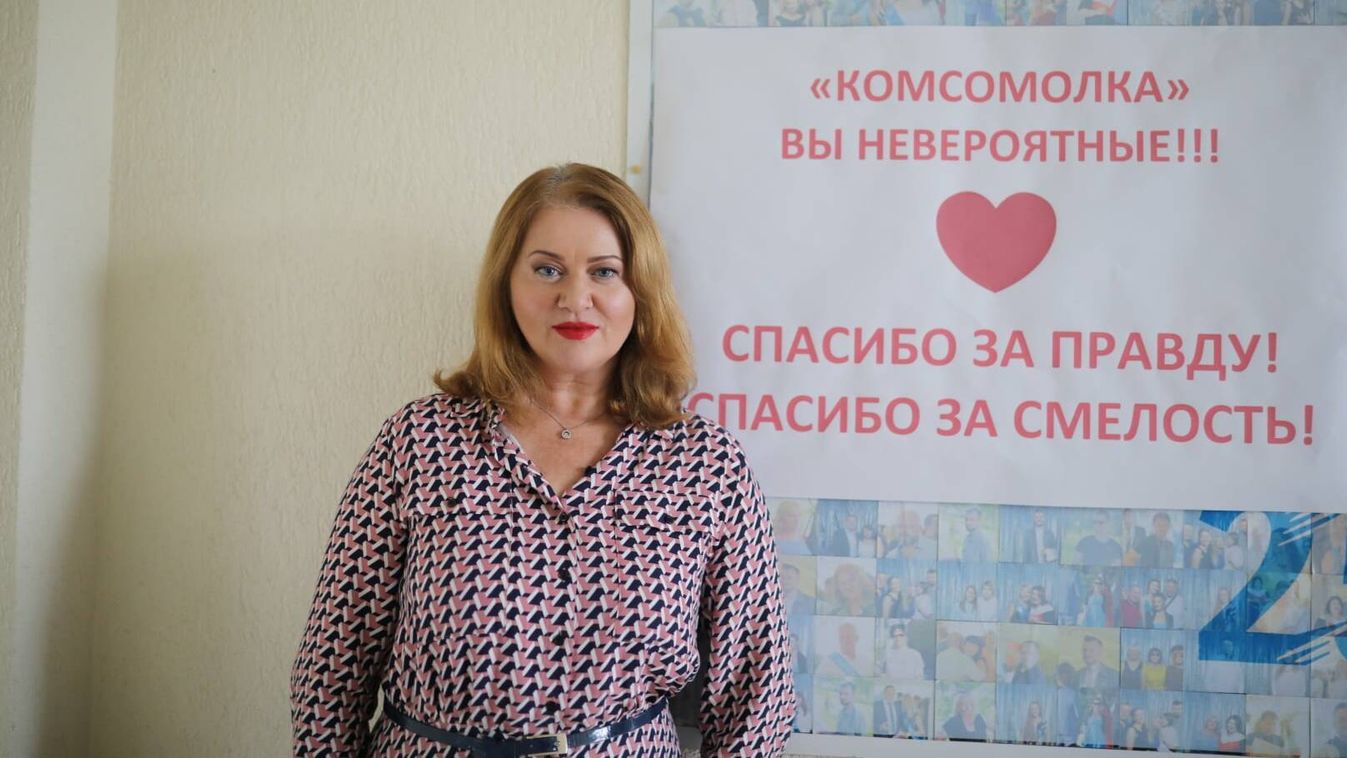

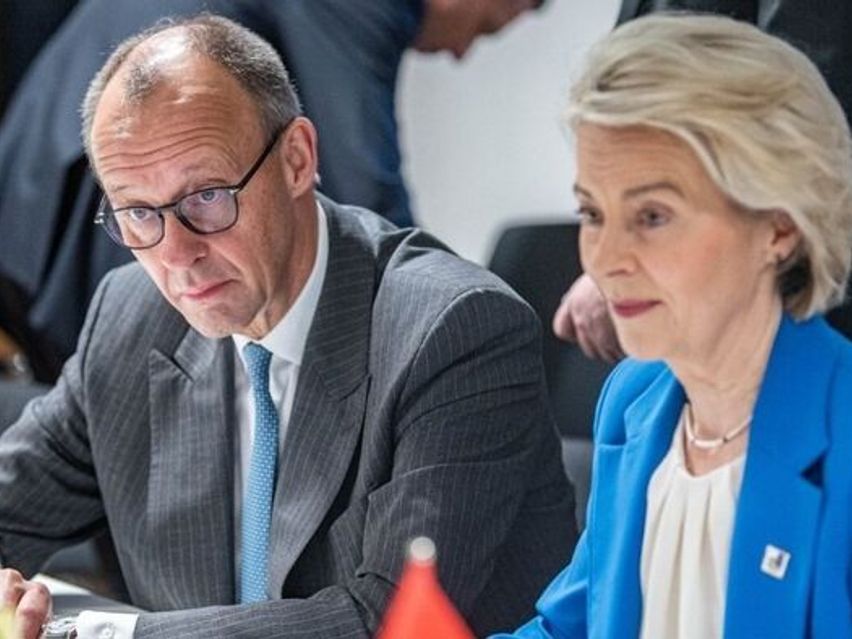
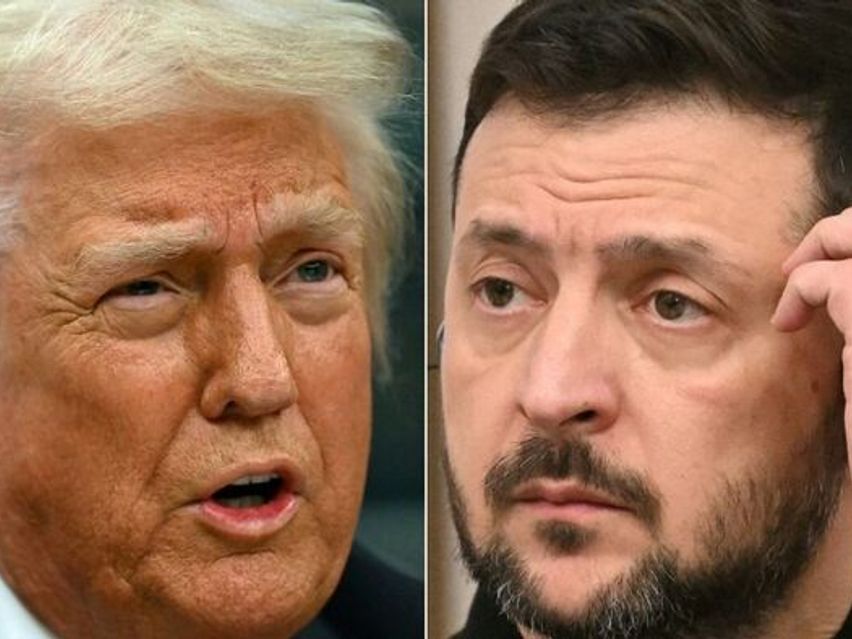
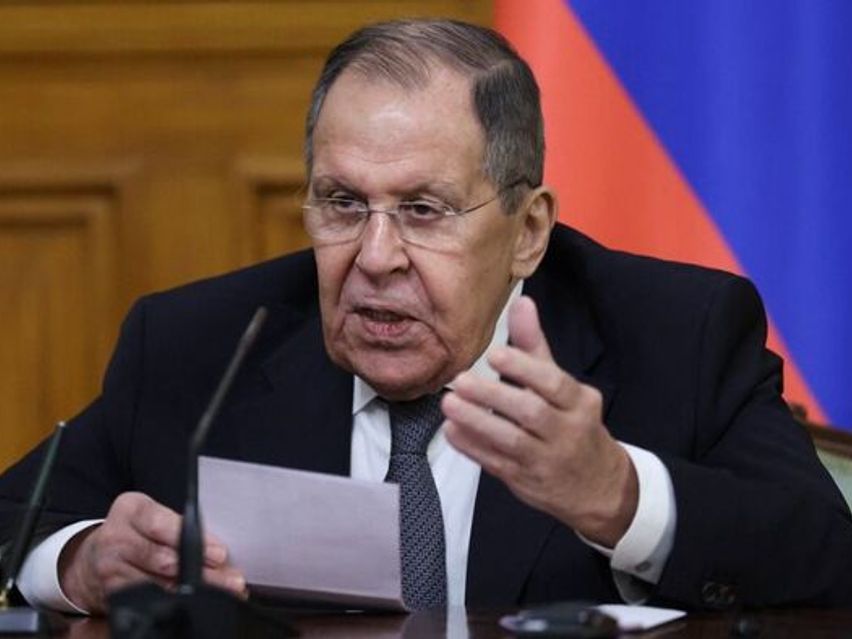
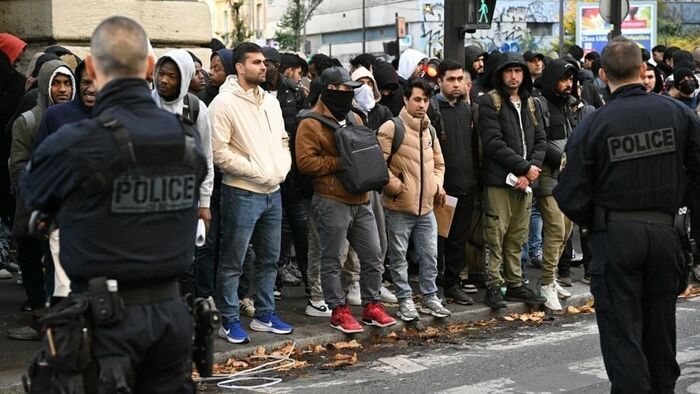

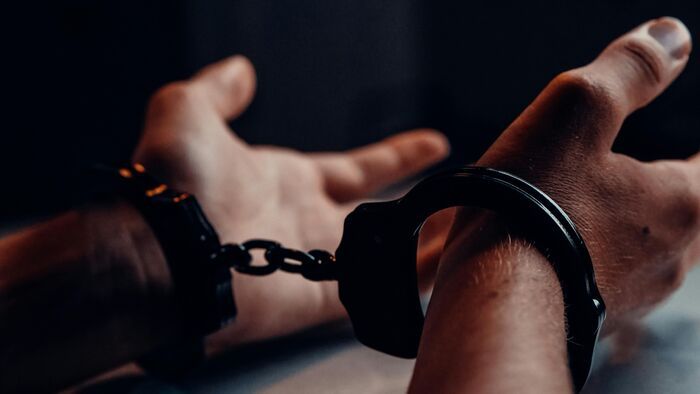
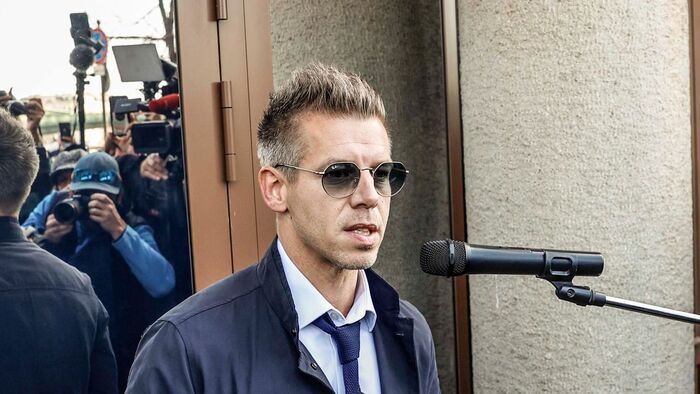
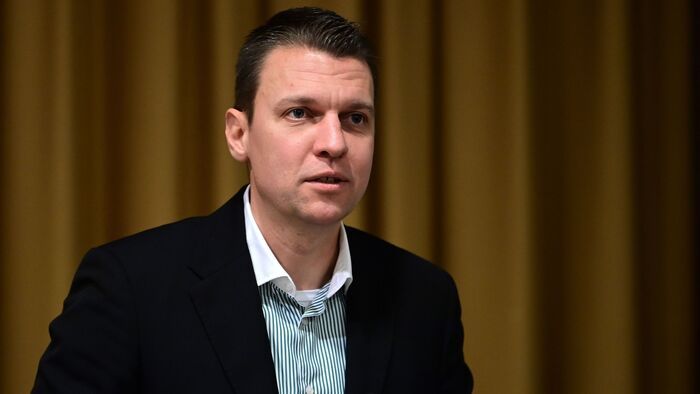
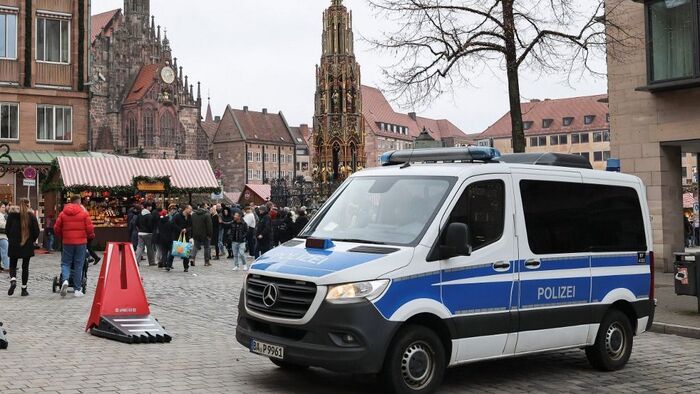
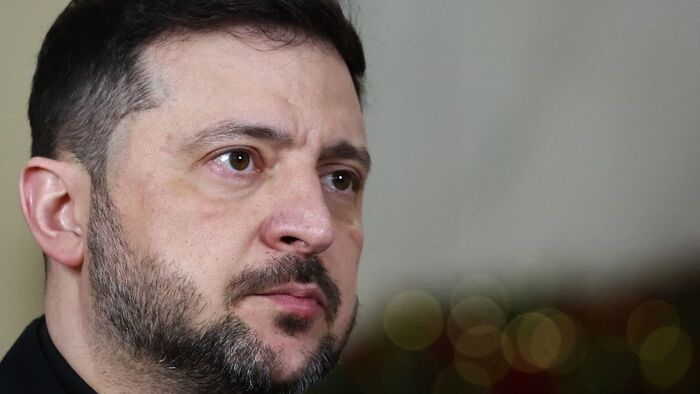
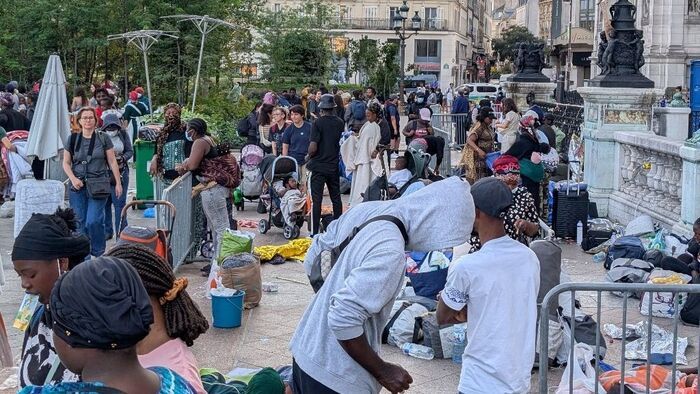
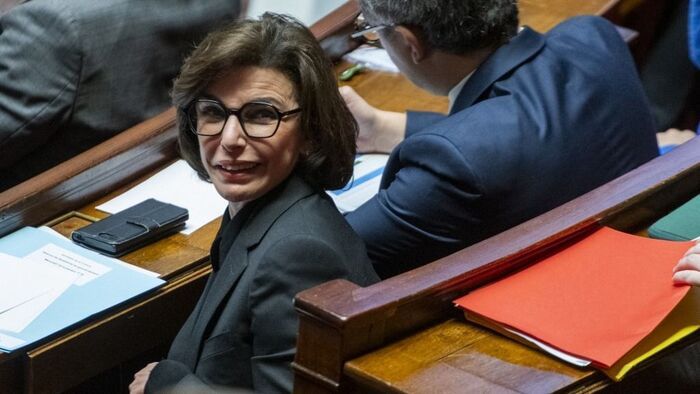



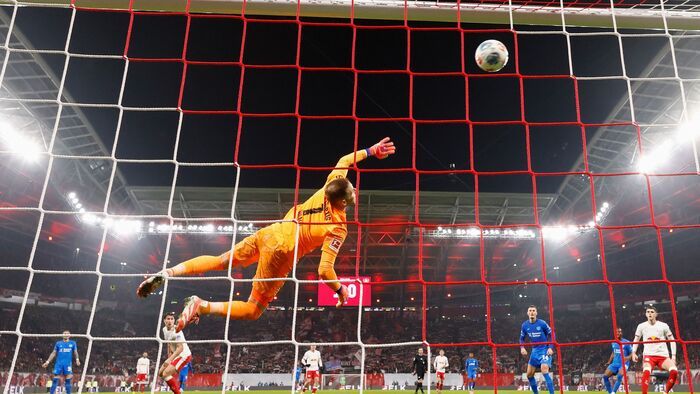

Szóljon hozzá!
Jelenleg csak a hozzászólások egy kis részét látja. Hozzászóláshoz és a további kommentek megtekintéséhez lépjen be, vagy regisztráljon!